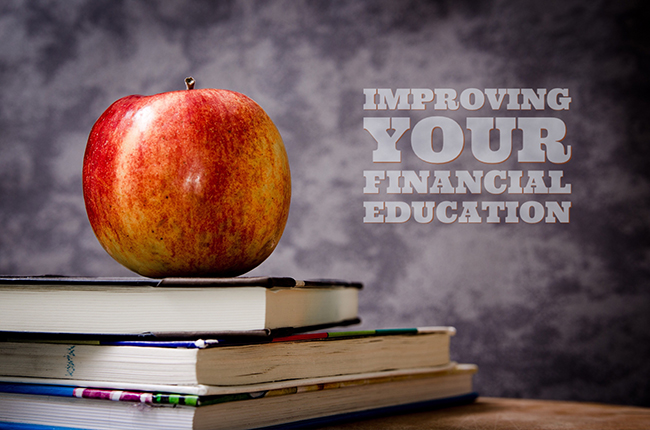If you follow personal finance at all, you have likely heard that people don’t learn about money in school. If so, you’ve heard correctly. This is a topic you learn at home and if you didn’t you learned it at the “school of hard-knocks.” Undoubtedly, many have gone into debt as a direct result of this lack of financial education. The following points are just a start to what can be the answer to our economy.
Unfortunately, this process may need a little political backing to have a significant effect as our public school curriculum’s are state run. This topic can potentially unite political affiliations, as I couldn’t imagine this can’t be touted as a non-partisan issue.
Table of Contents
ToggleGaining Trust In The Political System
We can all agree that political parties in this country are agreeing on less and less. This latest campaign between Trump and Hillary hasn’t helped this problem at all. If both parties were to get behind a non-partisan issue such as financial education, it can send a message that those serving our country in office are doing just that, serving. We’ve grown more polarized and begun, as people, to move to one extreme. Maybe, just maybe, financial education is something we can all agree on.
We live in a time where trust in government is lower that at any time in the past 50 years. The Pew Research Center has conducted a poll showing 19% of the country trusts their government most or all of the time. 19 percent!
Better Economic Choices
Student loan debt, credit card debt, car debt, mortgage debt, the list goes on and on of bad economic choices Americans are making on a consistent basis. The only way to conquer this is through a proper financial curriculum. Why is it that we can’t find room for learning how to budget or save money? I find it reprehensible that entrepreneurship isn’t being fostered at all age levels. Especially, in a country built on small business.
Imagine the ripple effect of a well informed nation. What would it do to inner city youth? What would it do the business of higher education? Would it change our voting trends? I contend that it would and all for the better. Much of our problems as a nation has been a product of a massively uninformed public, lack of financial education being front and center.
What Should Be Taught
Disclaimer, I’m no public school teacher or superintendent, so I’m open to suggestions and revisions on this thought. That being said, I believe one full day of a school week should be dedicated to money, money issues, and everything money. See the list below for some ideas and examples of a 3 month/12 week semester. Of course, these topics would be adjusted based on age level.
- Week 1: Budgeting
- Week 2: Savings
- Week 3: Investing
- Week 4: Entrepreneurship
- Week 5: Studying a historical economic event
- Week 6: Case Study on weeks 1-4
- Week 7: Biographical study of a successful figure
- Week 8: Banking
- Week 9: Debt
- Week 10: Buying, Leasing, Renting (house, cars, etc)
- Week 11: Case Study on weeks 7-10
- Week 12: Class Project based on business building
Economics and Government
Economic history or theory is rarely taught at a deep level. I didn’t hear about the FIAT money system till I took a course on banking as part of my Accounting major. As many are unfortunately not aware, our money isn’t back by gold and hasn’t been for more than 40 years. I don’t know about you but I see that as a problem. In addition, we should be teaching how we got into economic problems in the past and how we got out (Great Depression, Great Recession, etc). Foreign nations should not be exempt from this study, as learning from the mistakes of others is always an effective tool of progress.
There could even be a case for a “Government and Money” lesson. Teens can learn how money runs through our governmental system. Currently, I doubt most educators know that themselves. That is not to speak ill of educators, as it is not their fault. It is the fault of the system in place. Knowing how our government generates revenue and spends that money is powerful knowledge to a citizenry. For instance, most don’t know that government is run on a completely different accounting system than that of a business.
In addition to this curriculum, I’d add some required reading to this list. Let’s introduce Napoleon Hill’s “Think and Grow Rich” or anything by Tony Robbins. I’m not knocking literary classics, as there is legitimate educational value in them, but I can’t remember the last time I heard a teenager raving about “The Catcher in the Rye.” It is my belief that placing more emphasis on self-improvement books may have a more positive effect on a student’s life.
The economic effects of a financially educated public would be undeniable.














